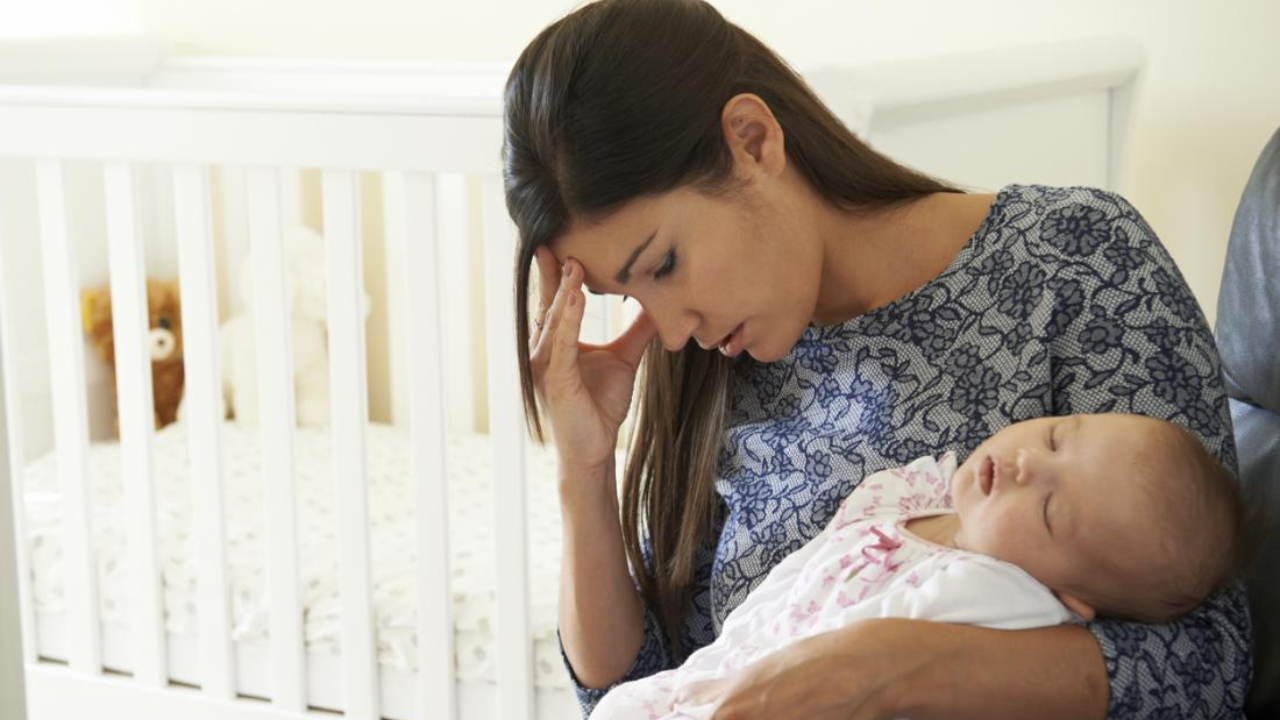Understanding Postpartum Depression: As the saying goes, having a body will be bad. But outside where the weather is adding dust, it doesn’t matter if the body deteriorates. We probably try to highlight common problems on our website. So that you can know about first aid. Today’s report is going to be about that.
First of all hello, I am Aindri. We try to present new interesting reports daily. So we have a special request to be by your side. Let’s begin.
Postpartum depression or postpartum blues, also known as postpartum depression. Having a baby is a life-changing experience. Becoming a parent is both exciting and exhausting. But if your feelings include extreme sadness or loneliness, severe mood swings, and frequent crying, you may have postpartum depression. (Understanding Postpartum Depression)
Let’s find out what postpartum depression is: Most new mothers experience a variety of emotions, excitement, joy, fear, and anxiety after giving birth. These emotions lead to depression. Estrogen and progesterone levels increase tenfold during pregnancy but drop sharply after delivery. Within three days of delivery, these hormone levels return to pre-pregnancy levels. This rapid increase and decrease in hormone levels causes postpartum depression. In addition to these chemical changes, depression usually begins during pregnancy and is caused by various physical, mental, financial, social changes in the mother, and lack of sleep.
This depression can begin with the birth of a baby and can last for 2 weeks or more. It is sometimes called postpartum depression, because it can often start during pregnancy and continue after delivery.
Also Read: Heart attack symptoms that you should never ignore
Many people may not know what postpartum depression is. Usually, society expects mothers to be happy and cheerful after giving birth. But mothers suffering from postpartum depression cannot live up to this expectation and fall into further depression. New mothers feel embarrassed to talk openly about this mental condition or even if someone talks about it, they are subjected to negative comments from others. Studies have shown that mothers are neglected after the arrival of a new member, which leads to depression. Many times, this situation of mothers is considered a common problem, due to which many people make decisions like suicide.(Understanding Postpartum Depression)
Symptoms:
> Thoughts of harming themselves or their baby.
> Thoughts of suicide.
> Depressed mood most of the day.
> Loss of interest or pleasure in various activities.
> Feeling tearful most of the day.
If you have postpartum depression, know that you are not alone. It is not even your fault. If you have this problem, you need to talk openly with your partner, other family members and friends.
Things to do:
> Raise awareness about postpartum depression and be aware of its symptoms.
> Create a supportive and compassionate environment for mothers where mothers can talk openly about their problems.
> Be caring for new mothers.
> Ensure rest, nutritious food and adequate sleep for mothers.
> It is possible to get rid of it with timely treatment and counselling.
> Other family members should also be aware of postpartum depression.
Solution:
> Find someone to talk to – a therapist, friend, other family member or someone who will listen and help you.
> Try to eat healthy.
> Take care of yourself.
> Prioritize your rest.
> Find time for hobbies like reading, listening to music.
> Get help from others with household chores.
There is no specific test to diagnose postpartum depression. If you feel overwhelmed by depression, consult a doctor immediately. They will recommend appropriate treatment. Talk openly with your doctor about your feelings. Remember that healthcare providers are always there to support you. (Understanding Postpartum Depression)
Conclusions: The website is new, please stay tuned. I am trying to present the truth by gathering as much information as I can from the internet. Stay well and stay tuned. Don’t forget to give your feedback.
